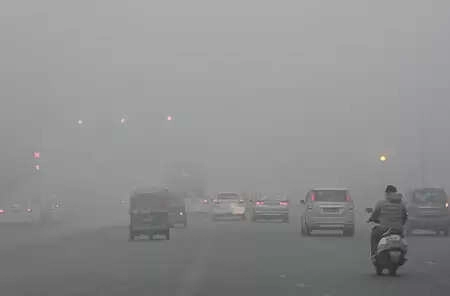As India grapples with the ongoing Covid-19 pandemic, the nation is witnessing a worrying surge in cases, with the daily count nearing the 6,000 mark. This resurgence is particularly alarming for healthcare officials and the general public alike, as it indicates a potential escalation in infection rates across various regions. Among the states, Kerala continues to bear the brunt of the crisis, consistently reporting the highest number of cases. This trend has raised concerns about the state’s healthcare infrastructure and its capacity to manage the increasing patient load, as well as the effectiveness of current containment measures.
Kerala’s situation is a reflection of broader challenges faced by the country in combating the virus. Despite significant advancements in vaccination efforts and public health initiatives, the persistence of new infections signals that the battle against Covid-19 is far from over. Authorities are urging residents to adhere to safety protocols, including mask-wearing and social distancing, as a means to curb the spread of the virus. The government is also ramping up testing and vaccination drives, particularly in hotspots, to mitigate the impact of the rising cases.
In light of these developments, it is crucial for the public to remain vigilant and proactive in their approach to health and safety. The lessons learned from previous waves of the pandemic emphasize the importance of collective responsibility in managing the crisis. As India navigates this challenging phase, the focus must remain on strengthening healthcare systems, ensuring adequate resources for hospitals, and fostering community awareness to effectively combat the Covid-19 threat. The situation in Kerala serves as a sobering reminder that the path to recovery requires ongoing commitment and resilience from both the government and the public.




